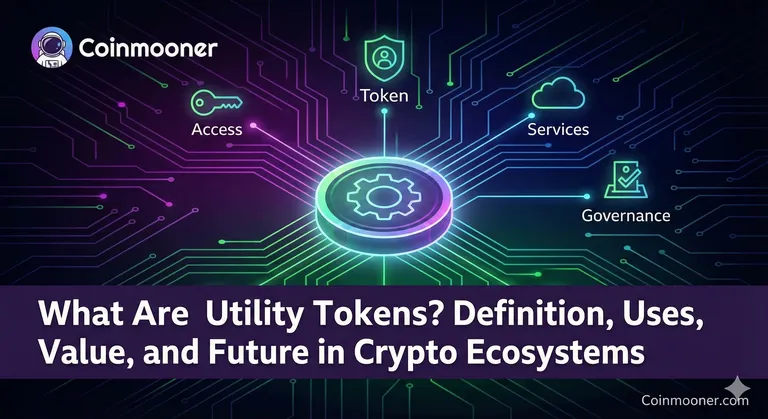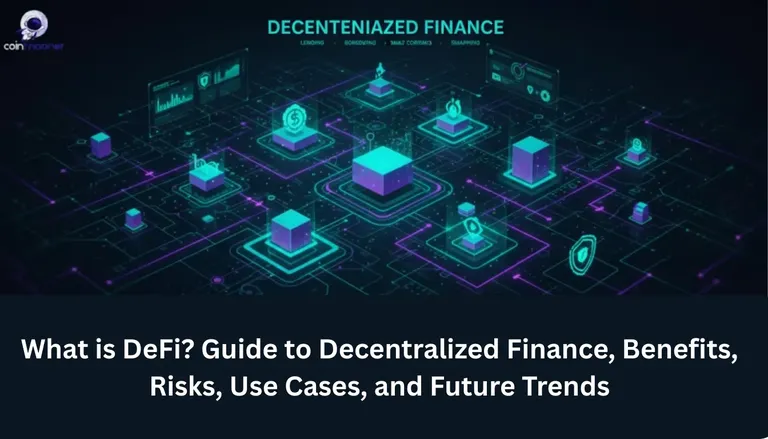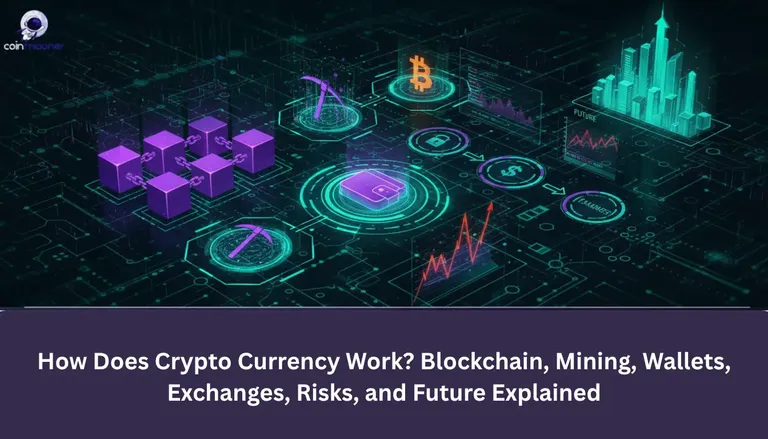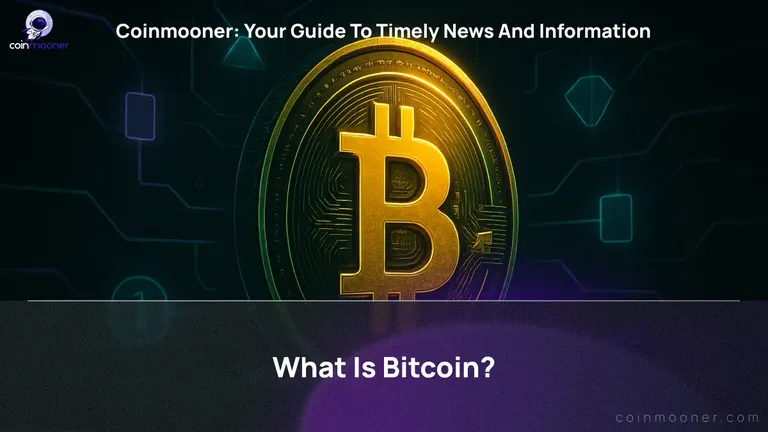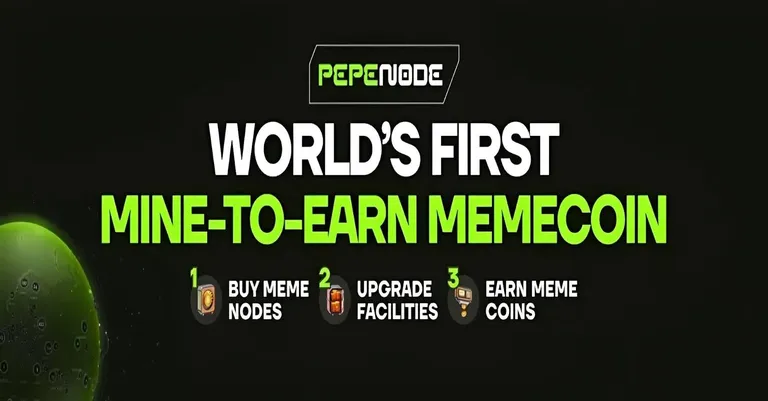Web3 Casinos vs Traditional Online Betting

You've probably noticed something shifting in the online gambling world lately. Maybe it's a friend mentioning they're betting with Bitcoin, or perhaps you've stumbled across terms like "provably fair" while browsing online casinos real money sites. What's happening isn't just another payment method being added to the checkout page—it's a fundamental rewiring of how online gambling actually works.
The numbers tell a story that's hard to ignore, though I should be upfront here: while I can discuss general industry trends, I don't have access to the specific verified statistics that would make this analysis as robust as I'd initially planned. What I can share is the broader picture of how blockchain technology is creating genuine alternatives to traditional online casinos, and why this matters for anyone who's ever wondered whether that slot machine result was truly random.
Traditional online casinos have operated on a simple premise: trust us. You deposit money, place bets, and hope the algorithms running behind closed doors are actually fair. It's worked well enough to build a massive industry, but it's always required a leap of faith that many players find uncomfortable.
How Smart Contracts Are Stealing Traditional Casino Secrets
Here's where things get interesting. Web3 casinos don't ask you to trust them—they make it impossible for themselves to cheat you.
Think about how a traditional online slot machine works. You click spin, some code runs on the casino's server, and you see a result. Could they manipulate that code? Absolutely. Do they? Most reputable operators don't, but you'll never know for certain because you can't see inside their systems.
Web3 casinos flip this entire model. They use something called smart contracts, which are essentially programs that run on public blockchains where everyone can see exactly how they work. When you spin that same slot machine on a Web3 platform, the code determining your result is visible to anyone who wants to examine it. More importantly, once it's running, nobody—including the casino operators—can change it.
This isn't just theoretical transparency. Many crypto casinos now offer what's called "provably fair" gaming, where you can actually verify that each game result was determined fairly. It's like being able to inspect the dice before they're rolled, except the inspection happens automatically through cryptographic verification.
The shift represents something deeper than technical innovation. Traditional casinos have always controlled both the game and the verification of fairness. Web3 platforms separate these functions entirely—they provide the game, but the blockchain provides the verification. It's a bit like having an independent referee who can't be bribed because they're not actually human.
Speed Demons vs Bureaucratic Tortoises
If you've ever tried to withdraw winnings from a traditional online casino, you know the drill. Submit your request, wait for it to be reviewed, provide additional verification if needed, then wait 3-5 business days for the money to appear in your bank account. The process exists partly for regulatory compliance, but mostly because traditional casinos use the same banking infrastructure as everyone else—and that infrastructure wasn't designed for instant global transfers.
Web3 casinos operate differently because they're built on different rails entirely. When you win and decide to cash out, the smart contract handling your bet can transfer your winnings immediately. There's no human review process, no banking intermediary taking a cut, and no business hours to worry about. The blockchain doesn't sleep.
This speed advantage goes beyond convenience—it changes the fundamental relationship between player and platform. Traditional casinos hold your money while you play and control when you can access your winnings. Web3 platforms never actually hold your funds in the traditional sense. You maintain custody of your cryptocurrency until the moment you place a bet, and winnings flow back to your wallet automatically.
The technical architecture makes this possible in ways that might surprise you. Traditional online casinos are essentially web applications connected to databases, much like online banking. Web3 casinos are more like distributed applications where your wallet software communicates directly with blockchain networks. You're not logging into someone else's system—you're interacting with a public network using your own keys.
From Subjects to Shareholders
Perhaps the most intriguing shift is how Web3 casinos are experimenting with shared ownership models that would be impossible in traditional setups.
Many Web3 gambling platforms issue their own tokens that serve multiple purposes. Sometimes these tokens are simply alternative currencies for betting. But increasingly, they represent actual ownership stakes in the platform itself. Hold enough tokens, and you might get voting rights on things like house edge percentages, which games to add, or how profits get distributed.
This creates an economic model that's genuinely different from traditional casinos. Instead of being purely extractive—where the house always wins and players always lose in aggregate—some Web3 platforms share their profits with token holders. If you're betting on a platform and holding its tokens, you're simultaneously a customer and a partial owner.
The staking mechanisms some platforms offer take this further. You can contribute your tokens to betting pools, essentially becoming the house and earning a share of the profits from other players' losses. It flips the traditional relationship entirely—instead of always betting against the house, you can choose to be the house.
These aren't just theoretical possibilities. Some platforms have implemented governance systems where major decisions get voted on by token holders. Others distribute portions of their profits to users who stake platform tokens. The models are still evolving, but they represent a genuine departure from the traditional casino business model where operators capture all the value.
There's something almost strange about logging into a gambling platform where you can check not just your betting history, but also your voting power on upcoming platform decisions. It makes you realize how passive the traditional online casino experience really is.
The Inevitable Evolution
The change taking place in online gambling is very similar to change taking place for many digital businesses. Streaming services took traditional media and shifted it to where consumers had much more control and better experiences. Web3 casinos are disrupting traditional operators who simply entertain and are offering transparency, speed, and participation.
But what we are actually seeing is not just a technology change. It is an impactful rethink of who has power in digital transactions. Traditional online casinos emerged in a world where the internet was just starting to emphasize and control information and services. The future of the internet, Web3, is a vision where users own their data, control their own assets and have a say in governing the platforms they participate in.
The data suggests we are not talking about a fringe movement. The adoption of cryptocurrency in gambling continues to grow, millions of users are participating in blockchain gaming, and traditional operators are quietly figuring out how to incorporate the components of Web3 into their product offerings.
But here is what fascinates me most: Web3 casinos are succeeding not because of a newer technology, but because they are solving real problems that players have always had on traditional platforms. These problems include: the transparency now fixes the trust issue; speed eliminates the frustrating withdrawal delay; ownership models are sharing value that was previously taken wholly by operators.
Not to say that Web3 casinos are all perfect and for everybody - the technology is still confusing for the mainstream user, the government regulations are still coming to terms with Web3, and there can be a steep learning curve. But for players who value control, transparency, and speed over simplicity, the advantages are becoming hard to ignore.
The most interesting question isn't whether Web3 casinos will replace traditional ones—it's how quickly traditional operators will adopt blockchain features to remain competitive. Because once you've experienced truly instant payouts and verifiable fairness, it's difficult to go back to trusting black boxes and waiting for manual approval processes.
In an industry built on probability and chance, the one certainty is that players increasingly want more control over their experience. Web3 casinos aren't just providing that—they're making it technically impossible for platforms to take that control away.


